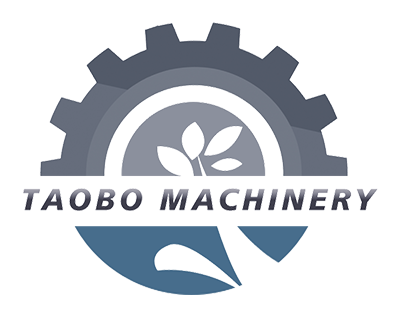Nigeria is one of Africa’s major sesame producers, with distinct characteristics in its cultivation. Sesame sorting machines play an irreplaceable role in the development of the sesame industry. The following is a detailed analysis:
Planting Scale and Distribution
Yield and Area: According to data from the Food and Agriculture Organization of the United Nations, Nigeria’s sesame production in 2022 was 820,000 tons, cultivated on approximately 1.9 million hectares. However, yields are low, at only 432 kilograms per hectare, primarily due to traditional farming practices, insufficient promotion of improved varieties, and weak infrastructure.
Cultivation Area: Sesame is cultivated in 26 states in Nigeria, primarily in the northern region. Jigawa State leads the country in both cultivated area and total production, followed closely by Benue State. Kaduna State and Niger State are also important sesame-producing areas, where climate and soil conditions are ideal for sesame growth.
Varieties: Nigeria primarily produces two types of sesame: white/raw-grade sesame, containing 98%-100% white seeds, used in the baking industry; and brown/mixed sesame, primarily used for oil extraction. Industry Development Potential and Challenges
Potential: Strong market demand for sesame, with its increasing use in baking and snacks, coupled with a growing global preference for healthy products and growing demand for organic products, is driving the development of the sesame industry. Experts believe that Nigeria’s annual sesame production is expected to reach 1.5 million tons, enabling it to fully tap the value of the industry chain.
Challenges: Traditional production methods lack modern cultivation and management techniques; weak infrastructure and deficiencies in harvesting, transportation, and storage; limited processing capacity, and exports primarily focus on raw seeds, which have low added value.
The Importance of Separators
Improving Sesame Quality: Sesame seeds are often contaminated with impurities during harvest, such as broken leaves, crushed capsule shells, and dust. Separators effectively remove these impurities and can also stratify sesame seeds by quality, separating seeds of varying fullness and quality. This improves overall quality and meets the demands of various markets, such as the baking industry’s demand for high-quality white sesame.
Improving Production Efficiency: Traditional sesame seed cleaning often uses manual tools, which is labor-intensive and inefficient. Sesame cleaning machines enable mechanized operations. For example, some sesame vibrating impurity removal and sorting machines can perform both impurity removal and stratification screening in one operation. They handle large volumes and deliver high speed, significantly improving production efficiency in the cleaning process and reducing labor costs.
Enhancing Market Competitiveness: Nigeria’s sesame exports primarily consist of raw seeds, which have low added value. Effective cleaning and grading of sesame seeds by sesame cleaning machines can increase the added value of sesame products, helping Nigeria improve its competitiveness in the international sesame market and increase export revenue.
Ensuring Smooth Subsequent Processing: Sesame seeds with high levels of impurities can hinder subsequent processing steps. For example, during oil extraction, impurities can affect the proper functioning of the oil extraction equipment and the quality of the oil. By removing impurities, sesame cleaning machines ensure smooth processing and improve the quality and stability of the processed products.
Post time: Sep-26-2025







